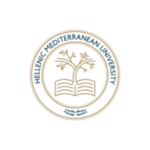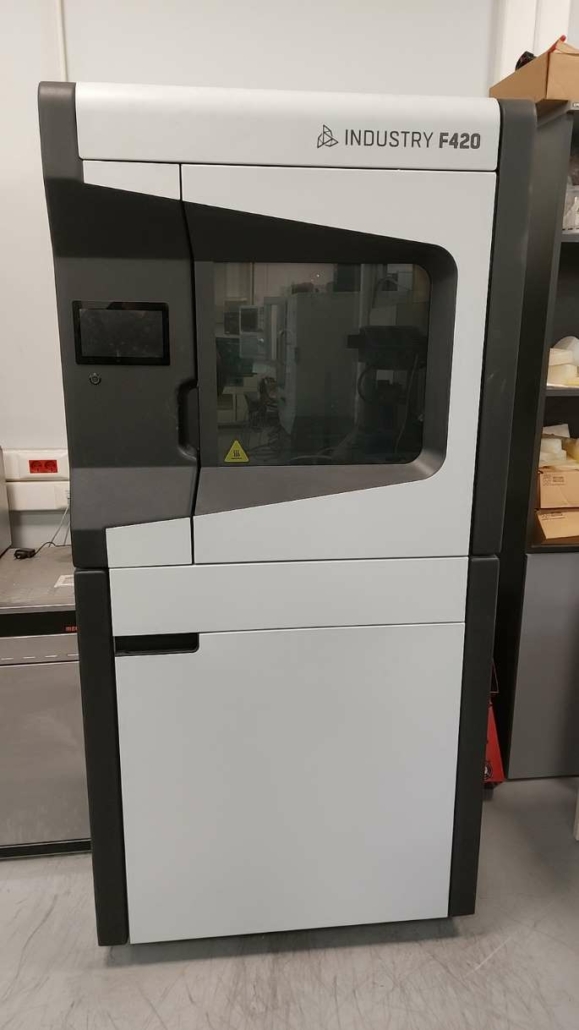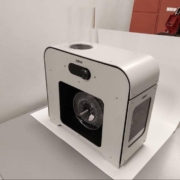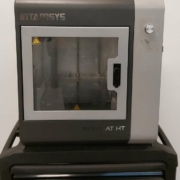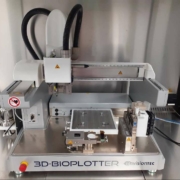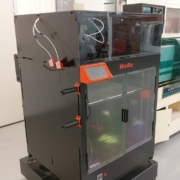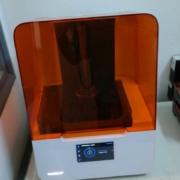3Dgence F420
About
Industrial specifications 3D printer capable for the manufacturing of the biocompatible PEEK polymeric material with the material extrusion 3D printing method.
Description
An industrial grade 3D printer, operating with the material extrusion (MEX) 3D printing method for the manufacturing of parts with the biocompatible PEEK polymer. This material is the most popular material for medical applications in 3D printing due to its biocompatibility, which make it suitable for implants manufacturing. Additionally, it is a high-performance polymer with significantly higher specifications (mechanical performance and robustness) compared to the widely used polymers. For this reason, the parts that can be produced by this 3D printer are not only for medical applications but also for applications requiring advanced mechanical properties from the materials used. The 3D printing production method, at the same time, enables the production of complex geometries, without geometrical limitations.
Homepage: https://3dgence.com/
Technical specifications:
Build volume (w×d×h) 380 × 380 × 420 mm (60 648 cm3)
Printing system double extruder equipped with purging device
Filament diameter 1.75 mm
Model materials PLA, ABS, ASA, PA6/69, PC, ULTEM™ filament, PEEK
Support materials soluble support ESM-10, HIPS
Material chamber 4 bays with automatic filament change
Nozzle temperature (max.) 500 °C
Build-plate temperature (max.) 180 °C
Chamber temperature (max.) 180°C (active heating)
Filament chamber temperature (max.) 50°C
Software 3DGence SLICER 4.0, 3DGence CLOUD
Additional accessories advanced filtration unit, UPS – emergency power supply, signal tower
Case study:
INFRACHIP’s resources enable the user to optimize the printing parameters for PEEK, such as temperature control and extrusion rates, to achieve the desired mechanical properties and surface finish. This level of control is crucial for producing implants tailored to individual patient needs, reducing the risk of rejection or complications.
Optional:
https://doi.org/10.1016/j.heliyon.2023.e18363
Access Provider / Facilities
